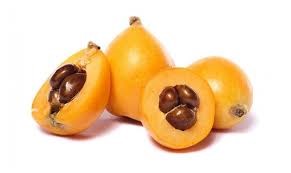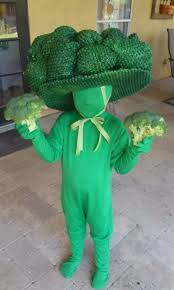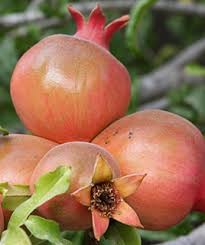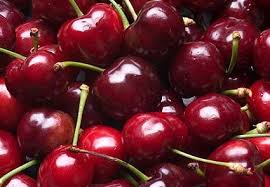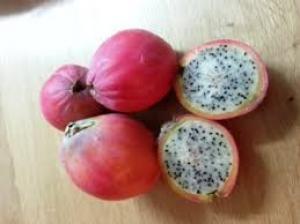It seems to me that the fruits of spring and summer, and the trees that bear them, are characterized by a dramatic blossoms. Suddenly the tree is entirely covered with flowers, the smell is absolutely fantastic, and two or three weeks later the flowers are all replaced by tiny fruit buds, scattered on the branches. Only a week or two ago, the cherry tree was at the peak of its blossom, and now there are only remains on it, and the pomelo tree behind it is displaying little green citrus balls sprouting where there used to be flowers (I love the smell of the citrus blossom. I could walk back and forth through a citrus orchard just so I can sniff).
There is another tree that has finished it’s blossom and is already offering its fruits. We should hurry before their season ends – orange and sweet, beautifully presented in small clusters: the loquat.
I think the loquat is the fruit with the funniest names. We, of course, call it loquat, which is the name closest to its Chinese-Cantonese origin. No one can argue that this is not a funny name. In Hebrew it is called "Shesek" (or Sesek or Seshek, depending on the age of your children), which comes from Aramaic, in the Talmud. In the Talmud they probably we’re referring to another tree, a "relative" of the Shezaf (Ziziphus) type, and then sometime in the 20th century when a name for this tree was needed, , the word "Shesek" seemed to be suitable.
The Arabic word for the tree is “iiskadnia”, which is a distortion of the Turkish word Yeni Dunya, meaning “a new world”. If you happen to be in Germany and feel like buying some loquat in the nearby fruit & vegetable store, try using the word “Wollmispel”. But the funniest name, in my opinion, is used by the Russians (where it grows in the south) and is "Mushmula".
The loquat contains vitamins, especially vitamin A, and pectin, an effective thickening agent for jams (pectin is used in order to make jam with less sugar yet maintain the thick texture. It can be extracted also from apple seeds or simply bought as powder in certain stores). Loquat seeds contain a toxic substance from the cyanogenic glycoside group, but there is no need to worry – first because we do not eat these seeds, and also because even if someone does have enough culinary curiosity to try and eat an entire seed – it is not toxic enough to cause harm.
The organic loquat is rich in potassium, protects against sun damage, contributes to healthy skin, strengthens the immune system and helps maintain proper blood pressure. It is best to eat the loquat, of course, directly from the tree – but, if you don’t happen to have one in your yard, you should eat it fresh and as soon as possible after buying it, and within two or three days when the weather is very hot. Do not store it in the refrigerator, its taste is damaged by cooling.
To health!
Yours,
The Garden Team
We can expect to receive in our organic vegetable baskets (draft only):
Lettuce
Tomatoes
Cucumbers
Potatoes
Pumpkin
Cabbage
Zucchini
Parsley
Swiss chard
In the LARGE vegetable baskets also:
Sweet potatoes
Cilantro
Beets
In the organic fruit baskets:
Oranges
Bananas
Sweetie
In the LARGE fruit baskets also:
Clementine
Red Grapefruit

